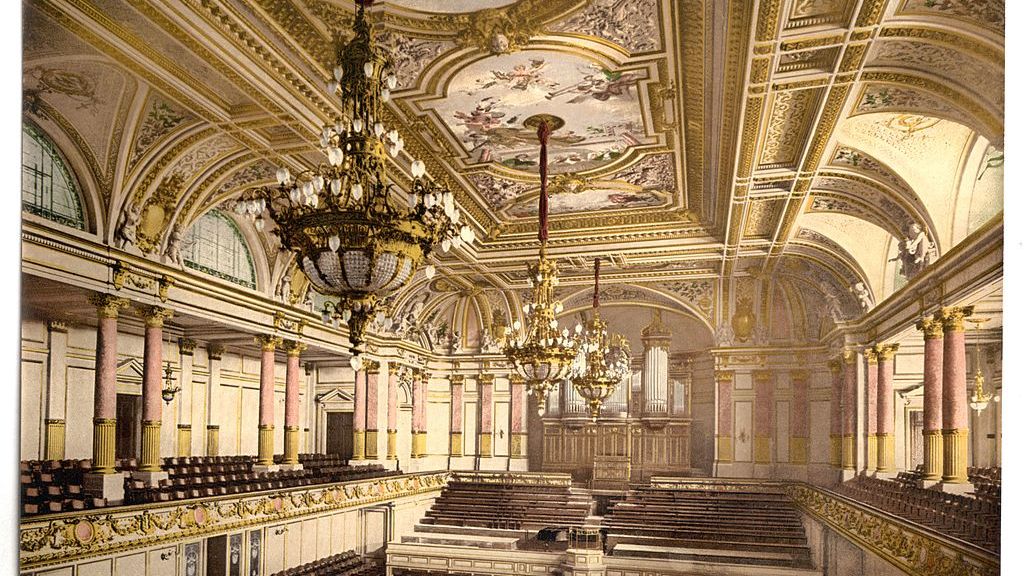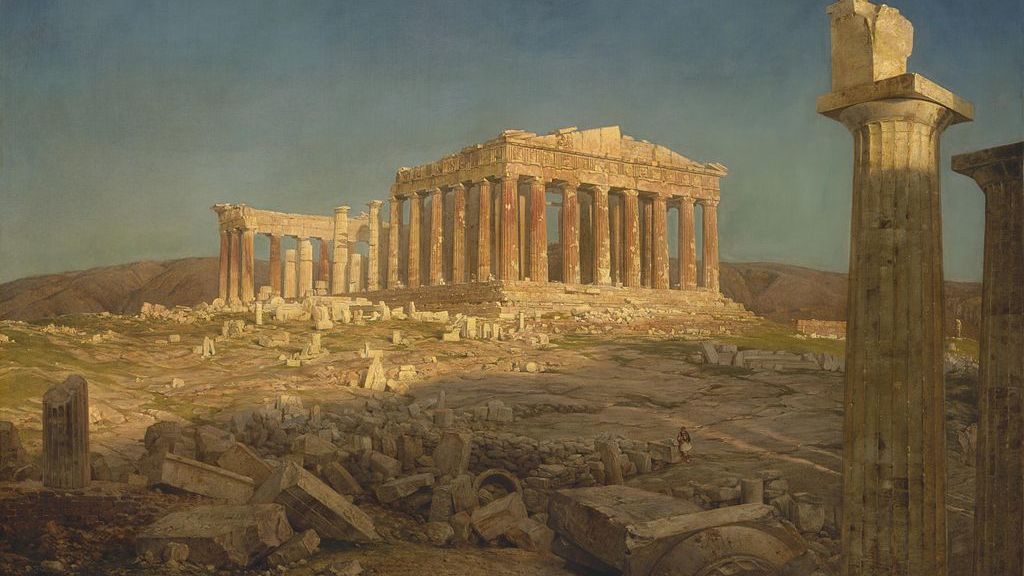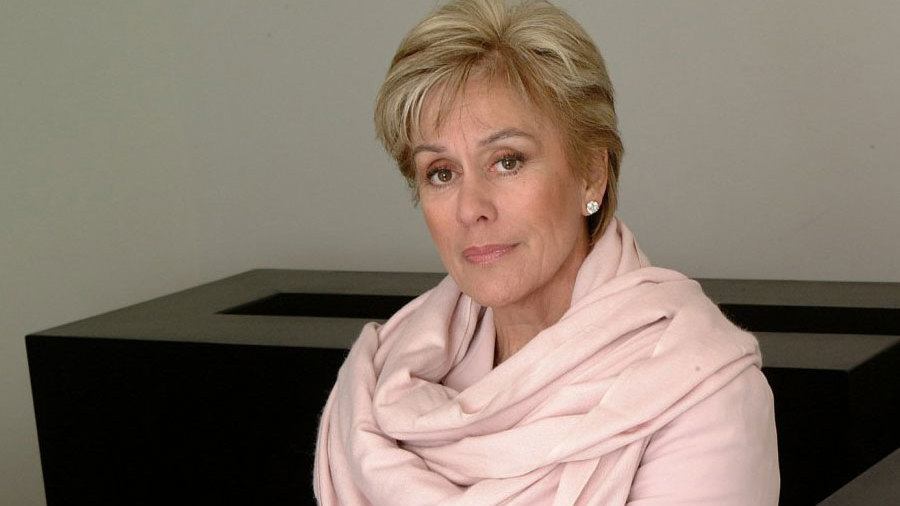Beethoven’s “Triple Concerto”: Chamber Music on a Grand Scale
Beethoven’s Concerto for Violin, Cello, and Piano in C Major, Op. 56 is a rare musical hybrid. Commonly known as the Triple Concerto, it playfully and exuberantly combines elements of the piano trio with the concerto. With this music, Beethoven achieved a genre-bending feat which was virtually unprecedented at the time, and has not been attempted by any significant composer since. While the sinfonia concertante features a dialogue between individual solo instruments and the …







